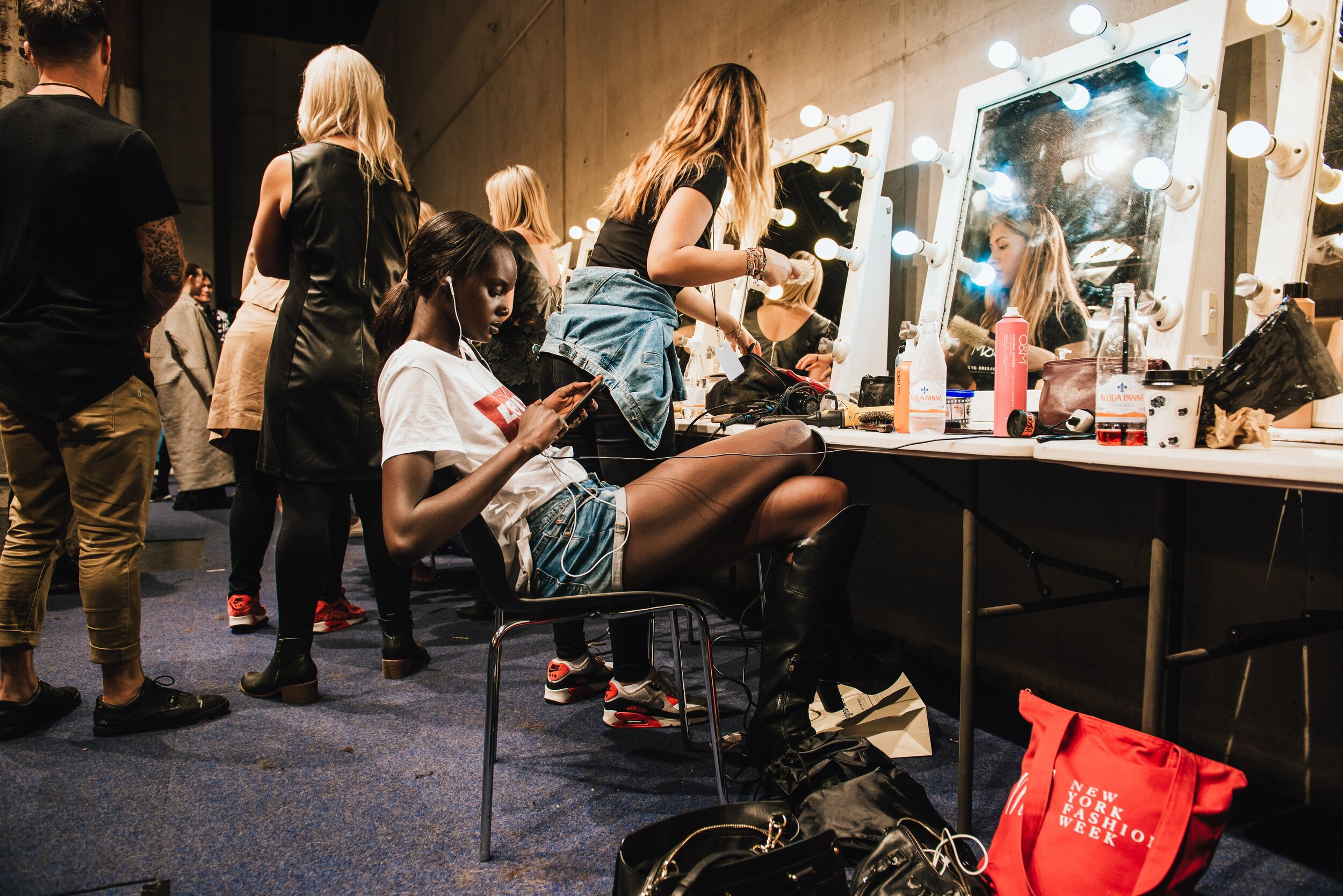Your Favorite Music is Black
Music is a media that we all consume in our daily lives, but often we don't really understand or recognize where this music came from, and, as a result, we fail to acknowledge the work of the true creators.
The music industry has always had the history of making money by stealing from black creators. The genres that are seen as popularly black such as R&B, hip hop, and rap are pushed into an umbrella term of “urban.” This reduces and marginalizes contributions made by black artists and feeds into the idea that black people did not influence and create other genres of music. This is entirely false as black people literally created genres from country to techno.
Let's take a look at the various genres that have been created and influenced by Black artists, but we get a more whitewashed picture of these musical origins.
Jazz
The first jazz recording is considered to be by all white band “Original Dixieland Jazz Band called “Livery Stable Blues.” This popularized jazz music in the 1920s even though a community of non music reading African Americans in New Orleans was the first to play improvised music which its distinct blues tempo and upbeat tunes came to be known as “Jass.” Time and time again, white creators find success by whitewashing black art by making it more palatable and marketable to a white audience.
Country
The banjo is the key black influence on country music. West African lutes were brought to America by slaves and used as an integral part of field songs and slave spirituals. Through blackface shows and minstrels (medieval singers), the sound was introduced to white audiences and has become the genre it is today where many songs created by white singers have been taken from black sources without giving them credit. Lil Nas X’s song “Old Country Road” wasn’t played on country radio stations and was deemed not country enough by Billboard as it removed Lil Nas X’s song off the Hot Country Song charts.
Rock and Roll
Rock n Roll was initially characterized as “race music” and was developed from rhythm and blues in the 1940s. Sister Rosetta Tharpe transformed rock n roll to what it is today with her distinctive guitar style integrated with gospel music. Black artists Little Richard and Chuck Berry brought this style of music into mainstream and yet, Elvis Presley is considered the King of Rock n Roll with his provocative performance style and deep baritone voice when even his well known song “Hound Dog” was originally sung by Big Mama Thornton, a black rhythm and blues singer/songwriter.
House Music
Frankie Knuckles, a black gay DJ, is known as the godfather of house and is credited for creating early house music from remixed disco in the late 70s. Now, the music is saturated with the David Guettas and Tiëstos of the world.
Techno
Techno was created from a black community in Detroit and this type of music was used as a wordless form of protest and was originally revolutionary music that characterized the African American struggle. Now, the music genre is repackaged and serves European rave culture.
Maybe these white artists did not think they were stealing, but they were receiving more money and recognition at the expense of the black community. So, what can we do? We need to educate ourselves on the history of our favorite music, dedicate our streams and listens to black creators, and be aware of the heavy white washing that occurs within the music industry. Music plays such a big role in all of our lives, and it's important that we, both individually and as a society, recognize the grand impact of BIPOC, especially Black, individuals on music.
Written by Aarna Dixit and Sarah Park
Photo by Jorge Fakhouri Filho from Pexels










